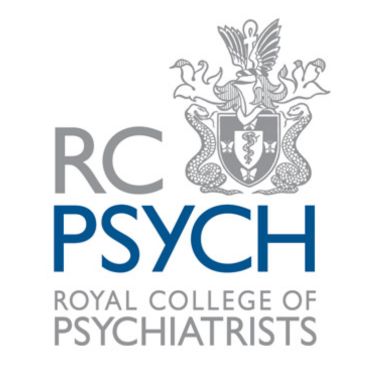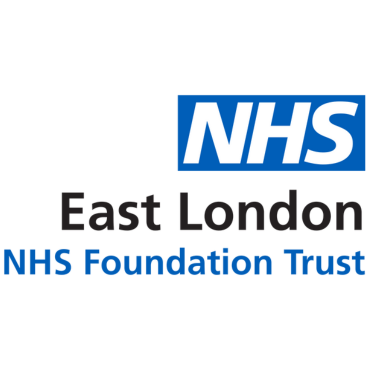Event Summary
The Mental Health Bill is approaching Royal Assent, marking substantial reforms to treatment, detention powers and service user rights. The first stage of new duties for the NHS, local councils, police and prisons are expected to be introduced in 2026/27, with full implementation phased over the following years.
Westminster Insight’s timely Mental Health Bill Digital Conference brings together the NHS, local authorities, police, prisons and VCSEs to learn how to prepare for the Act and adapt to the new legal and operational environment.
You will hear about the key aims and duties of the Mental Health Bill and understand its interface with the Mental Capacity Act. Gain clarity on the timeline for implementation.
Our speaker line-up includes the NHS Confederation, National Police Chiefs’ Council, MIND and more. With the impact assessment estimating the cost of implementing the reforms at £5.3 billion, our experts will explore costs, risks, responsibilities, and priority actions.
Alex Ruck Keene KC (Hon) will explain the revised detention criteria, including amendments to section 2 (admission for assessment) and section 3 (admission for treatment), and potential risks related to capacity and legal compliance.
Discuss the implications of greater patient autonomy including nominated persons, Advance Choice Documents (ACDs) and the expansion of advocacy support. Plus hear directly from an Expert by Experience about how this will impact the service user experience.
With fewer people with a learning disability or autism being detained in hospital following the reforms, hear what local areas need to consider in relation to discharge planning and increased community provision.
You will hear how services can prepare to recruit and retain an adequate workforce to deliver the Act as well as familiarising existing staff with MHA reforms.
To conclude we will explore the implications of heavier legal scrutiny, administrative and clinical workloads due to the increased frequency and expanded powers of Mental Health Tribunals (MHTs).
Don’t miss your opportunity to gain clarity on how to meet your legal and operational obligations under the reformed MHA.
Key Points
- Understand key MHA reforms to treatment, detention, and patient rights
- Clarify the reformed MHA interface with the Mental Capacity Act
- Identify financial, legal, and operational priorities for phased rollout staring 2026/27
- Improve interagency working between the NHS, local authorities, the police and prisons
- Grasp revised detention criteria and their impact on clinical decisions and service planning
- Adapt to greater patient autonomy with ACDs and nominated persons
- Expand advocacy access to informal patients
- Plan for improved community-based care for people with learning disabilities or autism
- Get workforce-ready through training, recruitment and retention strategies
- Manage tribunal changes and rising admin demands













































